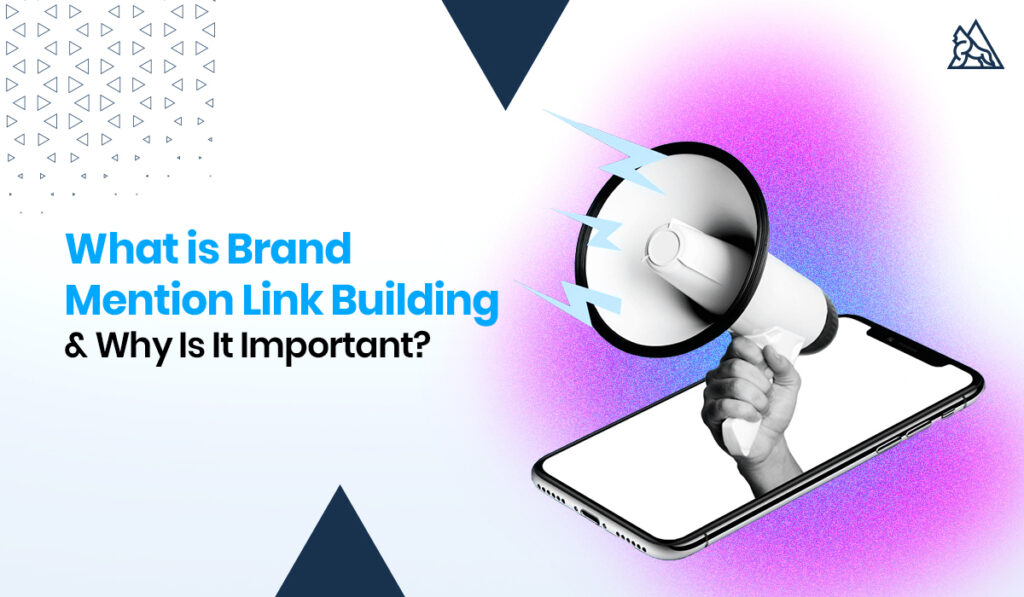Running an e-commerce business is exciting, but let’s be honest—it can also be overwhelming. Between managing inventory, processing orders, handling customer inquiries, and keeping up with marketing, your to-do list never seems to end. That’s where virtual assistants (VAs) come in.
By outsourcing repetitive and time-consuming tasks to skilled professionals, you can free up your time to focus on growing your business. But how exactly can a virtual assistant transform your e-commerce operations?
Let’s dive into the key benefits, the tasks they can handle, and how you can work effectively with one to maximize efficiency.
The Role of Virtual Assistants in E-Commerce
Virtual assistants are remote professionals who provide a range of services to businesses. They can take on everything from administrative duties to specialized e-commerce tasks like product listing optimization, order processing, and customer support.
With a well-trained VA, you can ensure that your e-commerce store runs smoothly, improve efficiency, and ultimately enhance the customer experience—all while cutting down operational costs. Whether you run a Shopify store, sell on Amazon, or manage a multi-platform e-commerce brand, a VA can be a game-changer.
Key Benefits of Hiring a Virtual Assistant
1. Save Time and Boost Productivity
Your time is valuable. Instead of spending hours on data entry, email management, or order fulfillment, you can delegate these tasks to a VA. With a skilled assistant handling the day-to-day workload, you can focus on scaling your business, developing new products, or refining your marketing strategy.
2. Reduce Operational Costs
Hiring full-time employees comes with expenses like salaries, benefits, and office space. Virtual assistants work remotely and can be hired on an as-needed basis, making them a cost-effective solution for e-commerce businesses of all sizes.
3. Gain Access to Skilled Professionals
Virtual assistants often specialize in specific areas such as SEO, social media management, or customer support. By hiring an experienced VA, you gain access to top talent without the hassle of a lengthy hiring process.
4. Improve Customer Experience
A prompt and professional response to customer inquiries can make or break your brand reputation. With a VA managing customer support, your buyers receive quick, friendly, and helpful responses, leading to higher satisfaction and more repeat customers.
5. Scale Your Business Easily
As your business grows, so do your operational needs. Virtual assistants provide a flexible workforce that can expand alongside your business without requiring long-term commitments or large investments.
How Virtual Assistants Can Streamline E-Commerce Operations
1. Product Listing Management
Keeping product listings up-to-date is essential for an e-commerce business, but it’s also time-consuming. Virtual assistants can manage your product listings, from uploading new products to updating prices and descriptions.
They can ensure consistency across platforms and optimize listings with relevant keywords, helping improve search visibility and conversions.
2. Order Processing and Fulfillment
Order processing is critical but often tedious. A VA can oversee the entire order fulfillment process, from confirming orders and processing payments to coordinating with suppliers and tracking shipments.
This not only streamlines your operations but also ensures customers receive their orders on time, enhancing their experience with your brand.
3. Inventory Management
Maintaining accurate inventory records is essential for preventing stockouts and overselling, but tracking inventory can be challenging, especially for multichannel sellers.
A virtual assistant can regularly update inventory data, track stock levels, and alert you when it’s time to reorder products. They can also manage relationships with suppliers to ensure timely restocking, keeping your business running smoothly.
4. Customer Service and Support
Good customer service is non-negotiable in e-commerce. A virtual assistant can manage customer inquiries via email, chat, or social media, helping to resolve issues promptly.
Studies show that 90% of customers consider quick responses essential when interacting with a brand (HubSpot, 2023). With VA handling support, you can ensure customers always get timely and professional responses.
5. Social Media and Content Management
Social media is one of the most powerful tools for e-commerce marketing. A virtual assistant can schedule posts, engage with followers, respond to comments, and even create content to enhance your brand’s presence.
Given that 54% of consumers use social media to research products before making a purchase (Statista, 2023), maintaining an active presence is crucial.
6. Email Marketing and Campaign Management
Email marketing remains one of the most effective digital marketing strategies. A VA can segment email lists, schedule promotional campaigns, set up automated email sequences, and analyze campaign performance.
This helps you nurture leads and increase conversion rates without lifting a finger.
7. Data Entry and Performance Tracking
Accurate data is the backbone of an e-commerce business. A VA can compile sales reports, analyze customer behavior, and track key metrics like conversion rates and website traffic. With this information, you can make data-driven decisions to refine your marketing and sales strategies.
8. Competitor and Market Research
Staying ahead in e-commerce requires keeping an eye on competitors. A virtual assistant can monitor competitor pricing, product offerings, and marketing strategies, providing insights that help you refine your business approach.
Tips for Effectively Working with a Virtual Assistant
While virtual assistants are an invaluable resource, to get the most out of their work, it’s important to build a strong working relationship and communicate effectively. Here are some tips to ensure success:
1. Clearly Define Roles and Responsibilities
Before hiring a VA, outline exactly what tasks you need help with. Be specific about expectations and provide detailed instructions to ensure smooth collaboration.
2. Communicate Regularly
Regular check-ins help keep everyone on the same page. Whether through Zoom meetings, emails, or project management tools like Trello or Asana, clear communication is key to a productive working relationship.
3. Use Collaboration Tools
Leverage tools like Google Workspace for document sharing, Slack for communication, and LastPass for secure password sharing. These tools help streamline workflows and improve efficiency.
4. Provide Training and Onboarding
Even experienced virtual assistants need some onboarding to understand your business’s workflow, brand voice, and preferred processes. Investing in proper training ensures long-term success.
5. Give Feedback and Set Goals
Providing constructive feedback helps your VA improve and align better with your expectations. Set clear goals and performance benchmarks to measure their effectiveness.
Conclusion
E-commerce is a competitive space, and success often comes down to how efficiently you manage your operations. Virtual assistants offer a powerful solution, helping you streamline tasks, cut costs, and enhance customer experiences—all without adding to your workload.
Whether you need help with product listings, customer support, social media management, or email marketing, hiring a virtual assistant can be a game-changer for your business. It’s not just about outsourcing tasks; it’s about gaining back time and energy to focus on growth, innovation, and making your brand stand out. So, if you’re feeling stretched thin, it might be time to explore how a virtual assistant can lighten your load and take your e-commerce business to the next level. Are you ready to work smarter, not harder?










